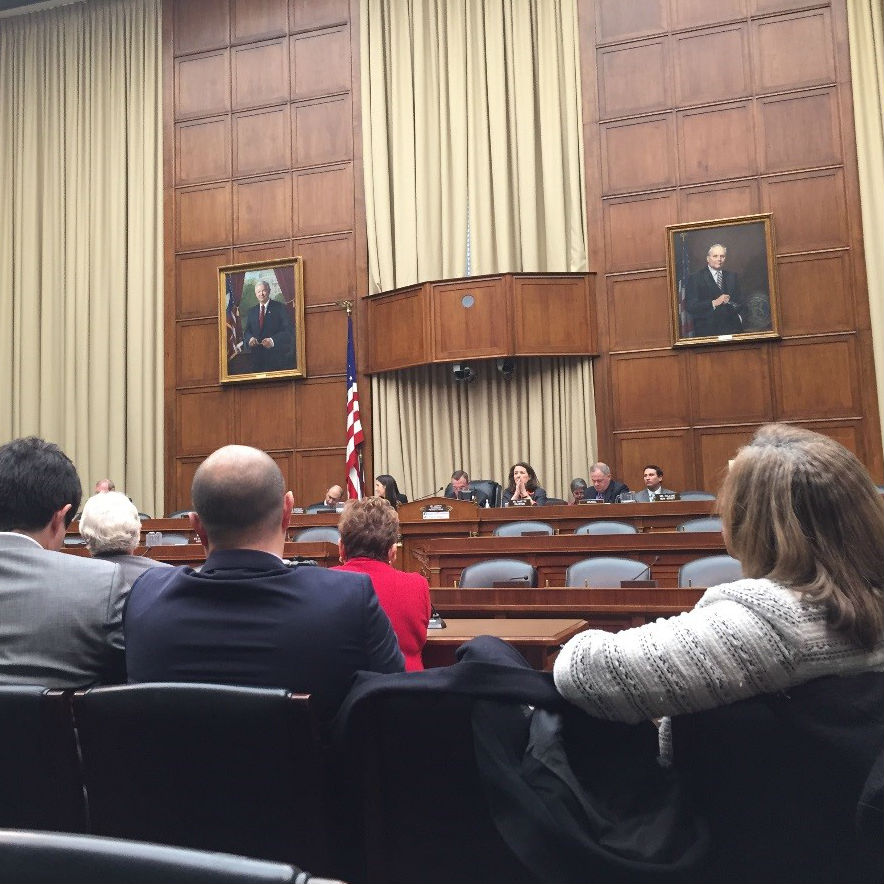Combatting Biothreats At Home and Abroad

In an article released April 11th, officials claim that Zika virus is scarier than predicted, and more funding is needed to adequately fight it. The CDC is requesting $1.9 billion in order to understand and combat the virus effectively. Looking at the issue through a domestic (U.S. lens), we can see that the Zika virus, using the Aedes aegypti mosquito as a vector for transmission, now threatens 30 states. However, this problem did not arise out of the blue. There have been multiple house hearings, dating back to the beginning of the year, on combatting the threat Zika virus poses to the United States. Experts from public health and the biodefense industry have testified on the need for increased preparedness measures to protect the United States not only from Zika, but also other emerging infectious diseases. They have stressed the urgent need for a shift in reactive to proactive preparedness measures to combat the growing number of health threats faced not only domestically, but internationally as well. Zika, they emphasize, is not a unique case, it’s just the next threat in an ever continuing wave of pathogens that can cause serious harm to the nation and the world.
To combat these threats, state and local efforts, especially in developing nations where these pathogens might be endemic, must increase their capacity to deal with these threats so they do not become a national and international threat. Adequate funding would help to bolster proper laboratory equipment upgrades, develop training protocols for specimen handling, and educate people on the dangers of certain pathogens. However, while health risks in developing countries predominantly fall under state and local jurisdiction, the idea of a higher, centralized leader may help standardize improvements, decreasing imbalances at lower levels. A leader outside of the state or county level would theoretically have less desire to yield to favoritism in terms of where to concentrate improvements, thereby reducing agency-level bureaucracy, something we have seen in the United States.
As global health security becomes more of an international concern, the need for effective biosecurity and health education increases as well. In developing regions around the globe, the fight against inappropriate use of scientific expertise and endemic disease outbreaks garners the attention of the international community. Keep in mind, these ideas were being pressed upon Congress in early February, apparently to no avail. With a mosquito control program that has “withered away,” and funding being pulled from other infectious disease projects, it is no surprise that we are consistently ill prepared for the biological problems that arise. We must learn that playing catch-up isn’t the best course of action, and that sometimes, it is better to be safe than sorry.
While many pandemics do not start in the United States, when they become uncontrollable problems abroad, they threaten our borders. If we are so willing to fight terrorism abroad to stop it from reaching our shores, how are deadly infectious diseases any different? Rather than saying that something is worse than we originally thought, we should invest in appropriate measures early on, so the problem does not get out of hand. Working with foreign governments and institutions, to develop adequate countermeasures where these diseases are endemic, could help stop the problem before it becomes an international concern.
CRDF Global, with funding support from various US government funders, is a leader in developing biosafety and biosecurity capacities and helping to advance science and technology collaboration. Focusing on both national and local levels in the countries where we work, we provide a balanced and integrated approach to building biosecurity measures around the world. In regions like Southeast Asia and the Middle East, CRDF Global implements training workshops and provides travel and equipment grants to recipients in order to prevent, detect, and respond to biological threats. Rapid diagnostic testing, research partnerships and practical emergency response are all top priority issues in the regions where we work. In order to solve global problems like biological threats, organizations like CRDF Global must continue to work in problem regions to increase awareness, education and action.



